Optimal Timing for Interior Painting
Interior painting projects are influenced by seasonal and environmental factors. Choosing the optimal time can ensure a smoother process, better results, and longer-lasting finishes. The timing depends on climate conditions, indoor humidity levels, and personal schedules.
Spring and fall are generally considered ideal seasons due to moderate temperatures and lower humidity, which help paint dry evenly and adhere properly.
Extreme heat, cold, or high humidity can negatively impact paint application and curing, leading to issues like bubbling, cracking, or peeling.
Maintaining consistent indoor temperatures and humidity levels during painting helps achieve a uniform finish and prevents issues related to moisture.
Planning around periods of less activity or when indoor environments are more controlled can facilitate a more efficient painting process.

Spring offers moderate temperatures and lower humidity, ideal for interior painting projects.
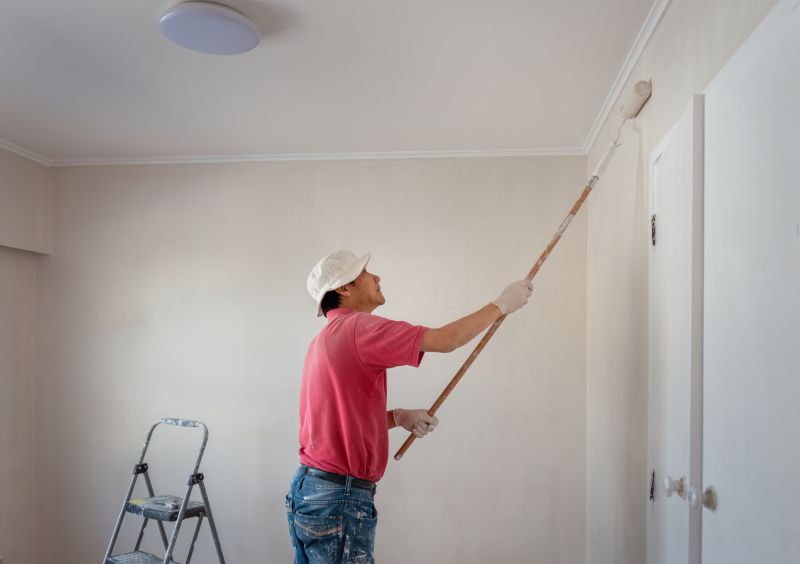
Fall provides cooler weather and stable indoor conditions, making it suitable for painting without weather-related disruptions.

Controlling indoor climate during colder or hotter months ensures optimal paint application and curing.

Ways to make Interior Paintings work in tight or awkward layouts.

Popular materials for Interior Paintings and why they hold up over time.

Simple add-ons that improve Interior Paintings without blowing the budget.
| Season | Advantages |
|---|---|
| Spring | Moderate temperatures and low humidity facilitate even drying. |
| Summer | Longer daylight hours can speed up projects. |
| Fall | Stable indoor conditions and cooler weather. |
| Winter | Indoor painting is feasible with climate control, but may require extra preparation. |
| Late Fall | Less humidity and fewer distractions for project completion. |
Interior paintings are an essential aspect of maintaining and enhancing indoor spaces. Proper timing ensures that the paint adheres well and cures properly, resulting in a durable and attractive finish. Advances in paint technology have improved drying times and finish quality, but environmental conditions still play a significant role. According to industry statistics, painting during optimal seasons can extend the lifespan of the finish by up to 20%, reducing the need for frequent touch-ups.
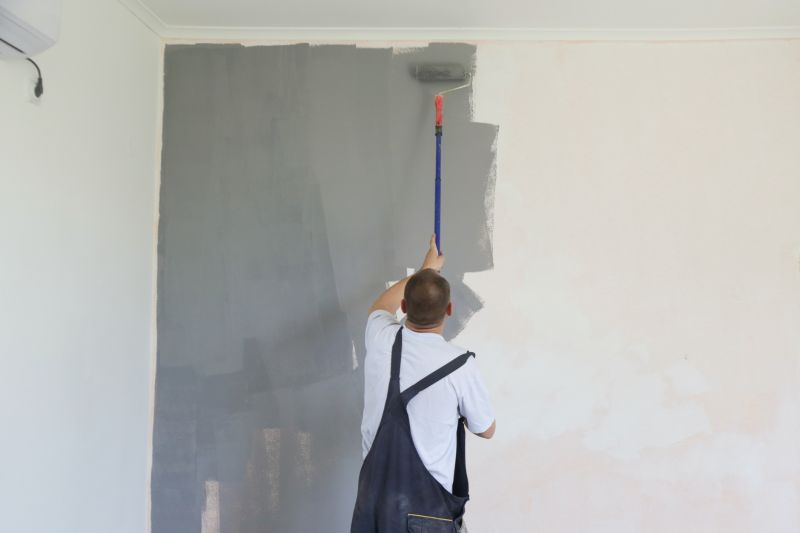
A well-timed painting project can dramatically improve a space's appearance.
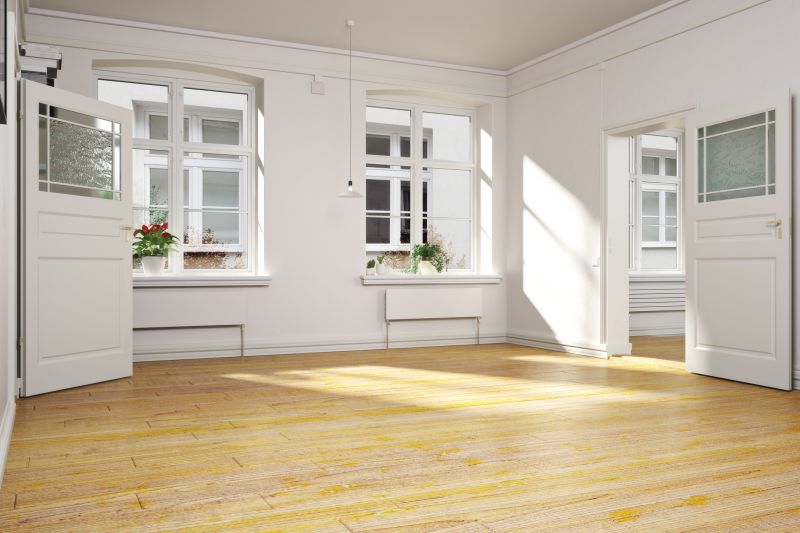
Choosing the right season helps achieve the desired color consistency and finish quality.
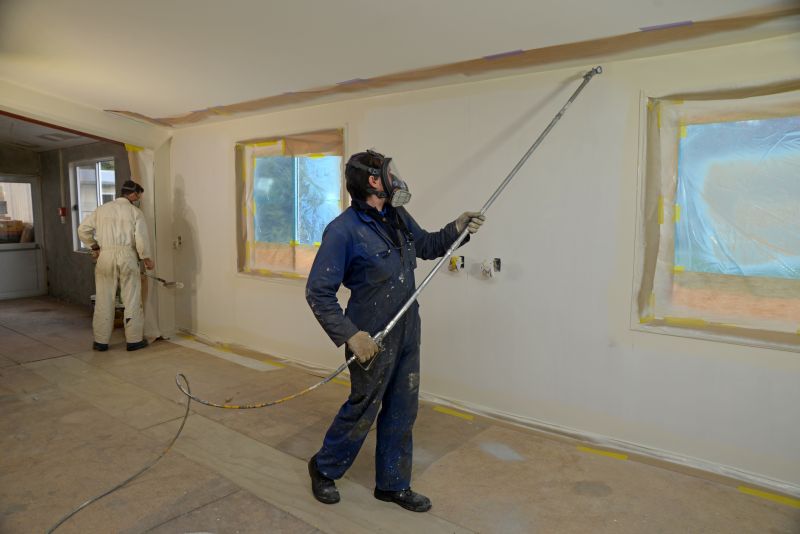
Controlling indoor conditions during painting results in a smoother, more uniform appearance.
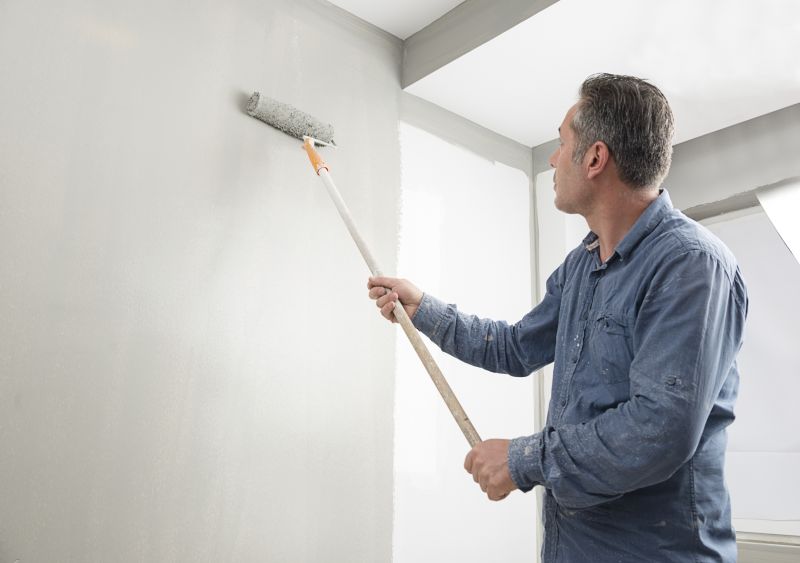
Proper timing and preparation contribute to a durable and attractive interior finish.
For those interested in interior painting services, filling out the contact form provides an opportunity to discuss project timing and specific needs. Proper planning and scheduling can ensure the best results, minimizing disruptions and maximizing the longevity of the paint job.

